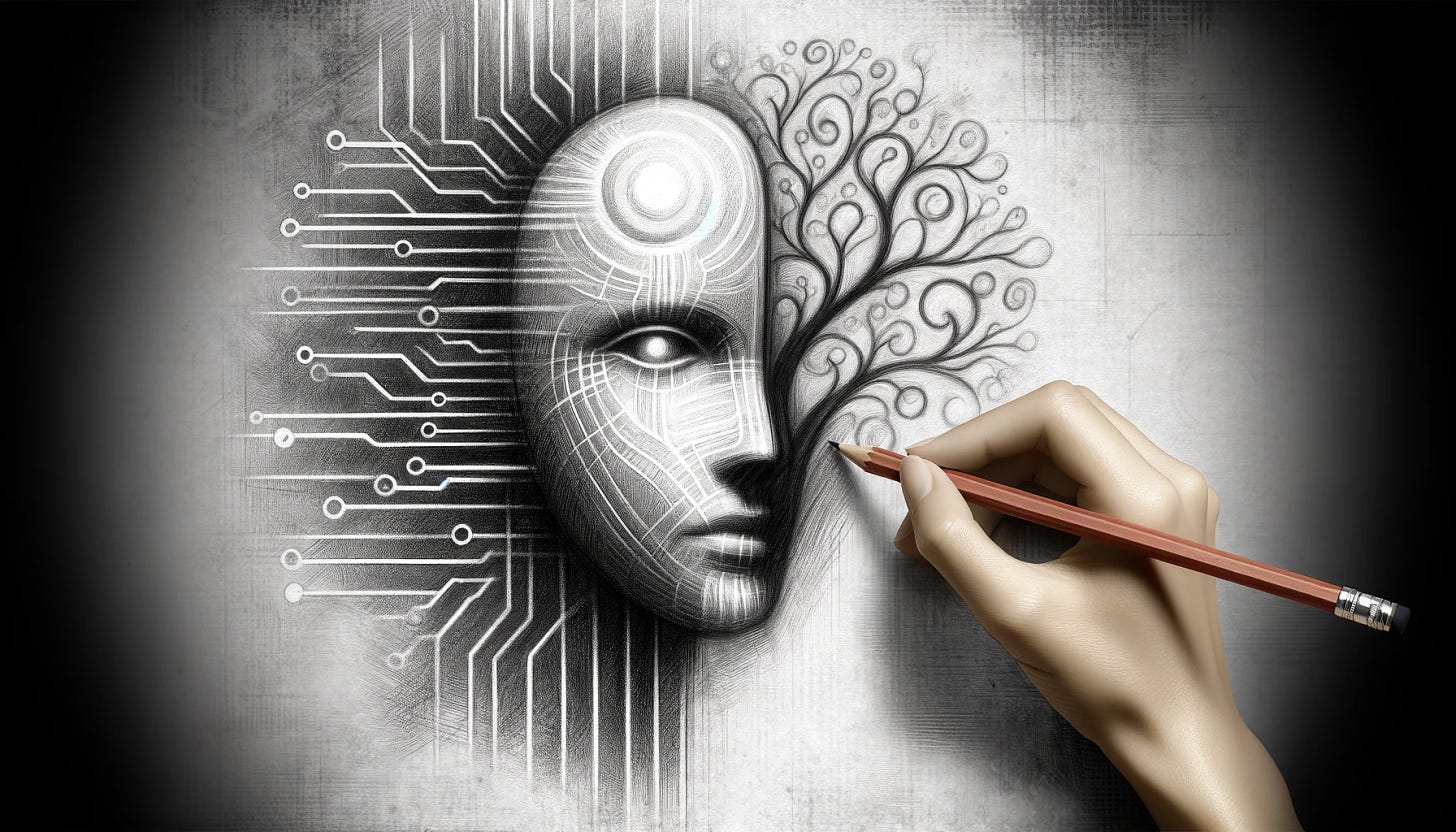
An operating system (OS) is the software that manages hardware and other software on a computer, and allows for communication between them1.
Without an OS, your laptop, phone, tablet, e-reader or smartwatch is a jumble of connected devices that can’t talk to each other. The OS is fundamental to making it work.
So what is an AI2 OS, and why should you care?
Here’s my definition (feel free to disagree in the comments):
An AI OS is an OS which uses AI to manage hardware and software on a computer, and to modify communication between them.
Devices which run something AI OS-like already exist (and I’ll dig into more AI OS-like things in a future piece):
Self-driving cars
Here are a few things about AI OSes, according to my definition:
They don’t need AI in the actual OS code
At least initially, existing OSes (which are highly capable) will give permissions to separately-installed AI to manage hardware and other software
You may roll your eyes at this: AI OSes don’t need AI in the code? But we will think of systems like these as AI OSes, even if AI is not natively integrated
They exist on a sliding scale, strong to weak, depending on how many permissions the OS gives to the AI to manage hardware and software
Weak: the OS gives few permissions
Strong: the OS gives many permissions
They imply interoperability: in other words, for (certain) permissions to be useful, the OS will need to allow hardware and other software to interoperate with the AI
You could make a case for some of the most popular AI tools being weak AI OSes:
ChatGPT can manage a lot of (cloud-based) software through integrations
Your phone’s AI assistant can manage other apps, to do things like set reminders or send emails
Using the AI OS label for these examples is either:
Helpful: shows direction of travel
The browser is analogous to an OS for many of us, given the rise of software accessed through it. So ChatGPT’s ability, via integrations, to manage a lot of other software makes it OS-like
And once you give ChatGPT (or its underlying GPT model) more permissions outside of the browser, you get a strong AI OS — as in the example of Humane Ai Pin
Your AI assistant will likely gain more permissions over time and segway into a strong AI OS
Unhelpful: calling anything that’s not an OS an OS is confusing
Why do AI OSes matter?
I believe AI OSes are the right AI ‘thing’ to look at to understand how AI might threaten ads, and I’ll lay out why in my next piece.
Did I just read a whole article defining a single term?
Yes, you did. But the definition of an AI OS is an important building block for the AI vs. ads scenario. Anyway, it’s all over now — I’m grateful that you read this far!
Weekly update
🎉 Crossed 200 subscribers! Thank you so much for thinking that my writing is worth reading. I couldn’t be more excited to keep doing weird, impactful tech activism, and to write more analysis of big tech in 2024.
Wrote about the potential TikTok ban: tldr, it’s crazy that we don’t even have the most basic data to discuss this ban in an informed way.
Nudgeware: Returned to a concept I created in 2016, and looked at how AI could unlock its potential.
Challenge 1, Linknames: I’ve had an idea for a stunt that involves rickrolling and finding someone who’s a resident in Namibia. Feel free to take this as a riddle and guess what the stunt is in the comments — or watch this space!
Challenge 2, TrojanTok: Cole is doing a pretty awesome job, racking up 1000s of For You Page views on recent @dailybreakreminder videos and getting us to 300+ followers. Amazing!
Challenge 3, Missing Billions: pitched the campaign to a group of civil society organizations on Thursday, and feeling cautiously optimistic that a ball might start rolling.
This week’s writing
I’m using a simplistic definition to not get lost in the weeds, but here’s Wikipedia’s
I’m using AI here as a shorthand for software that uses LLMs or other machine-learning/neural network models to process information





Would it be helpful for this concept to have a more unique term to separate it from the storm of AI X (X being any item, e.g. AI refrigerators)? For example, would this concept be more easily communicated with a term such as an “orchestrated operating system” meaning an operating system that is orchestrated by some form of artificial intelligence?